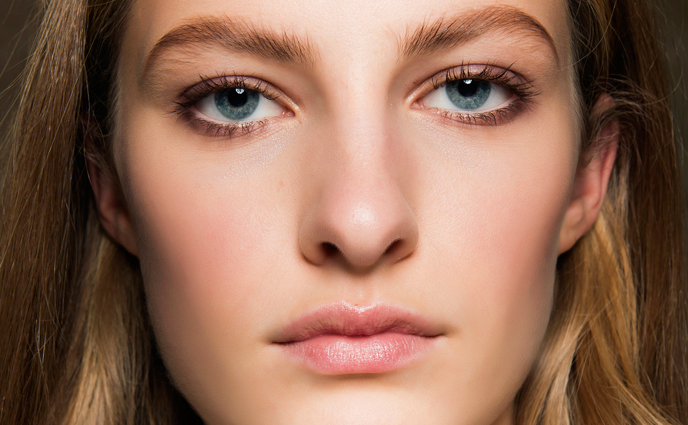Avoid salicylic acid
Salicylic acid can be derived naturally from willow bark and is an ingredient best known for fighting acne. Unfortunately, it can be bad news for those with dry skin. While this ingredient can prevent pimples and unclog pores, it can also leave skin parched and flaky. If you happen to have skin that's both dry and acne-prone, look for a spot treatment that can target your breakouts specifically — without drying out the rest of your face.
Image via Imaxtree
Salicylic acid can be derived naturally from willow bark and is an ingredient best known for fighting acne. Unfortunately, it can be bad news for those with dry skin. While this ingredient can prevent pimples and unclog pores, it can also leave skin parched and flaky. If you happen to have skin that's both dry and acne-prone, look for a spot treatment that can target your breakouts specifically — without drying out the rest of your face.
Image via Imaxtree
Avoid coconut oil
Balance is key when it comes to oily skin, so you can't entirely eliminate products with oil (trust us, you actually need it). But if there's one oil to avoid, it's coconut oil. This ingredient can potentially clog your pores — and if you have oily skin, that's the last thing that you want to happen. Of course, some products do use cold-pressed or extra virgin coconut oil, which may not be as comedogenic. However, if you're not sure how the oil is processed in the product, it's generally better to stick with other oils (such as jojoba, sunflower seed, squalane and argan oils) to be safe.
Image via Imaxtree
Balance is key when it comes to oily skin, so you can't entirely eliminate products with oil (trust us, you actually need it). But if there's one oil to avoid, it's coconut oil. This ingredient can potentially clog your pores — and if you have oily skin, that's the last thing that you want to happen. Of course, some products do use cold-pressed or extra virgin coconut oil, which may not be as comedogenic. However, if you're not sure how the oil is processed in the product, it's generally better to stick with other oils (such as jojoba, sunflower seed, squalane and argan oils) to be safe.
Image via Imaxtree






